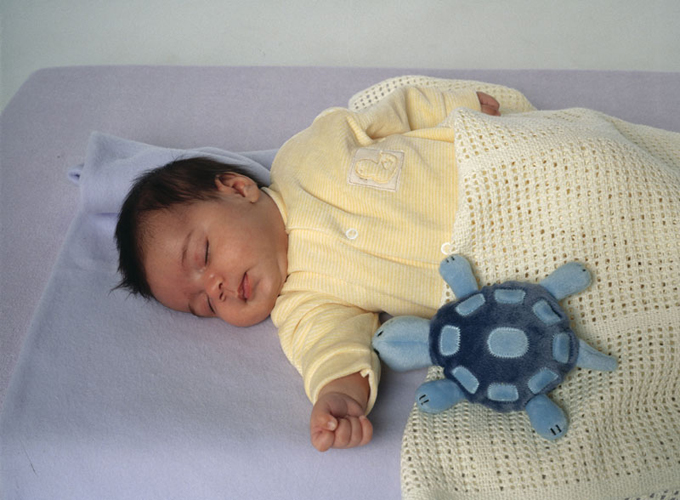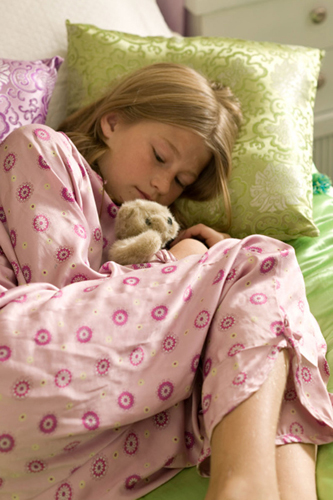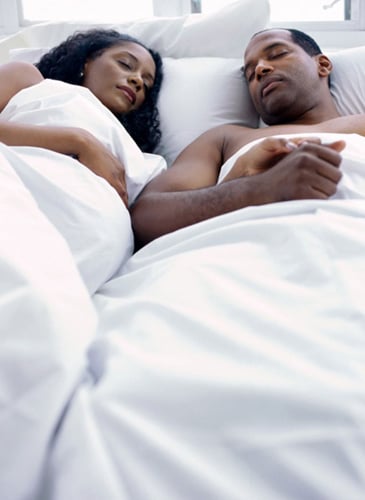| Q: |
Are there any differences in sleep quality and/or quantity between men and women?
|
| A: |
Throughout life, there are small differences in sleep patterns
between men and women, which may not be very significant but become more
evident with age. The hypothalamus responds to estrogen and
progesterone (the female sex hormones), which may influence sleep and
circadian rhythms. Women are more likely to suffer from and report
insomnia. Prior to menopause, women are less likely to suffer from sleep
apnea than after menopause, when the incidence of sleep apnea among
women increases, probably due to increased weight.
|
| Q: |
Are there differences in sleep regulation between men and women?
|
| A: |
It is well known that there are gender differences in brain
structure, regulation, and function between men and women. For instance,
parts of the hypothalamus are larger in men than women; growth hormone
production is higher in women than in men. Although research on sleep
and circadian rhythms has been limited, there is some evidence of
differences in sleep regulation throughout life between men and women
(see Sleep differences between men and women).
|
| Q: |
Are the differences in sleep patterns between men and women very significant?
|
| A: |
In healthy young adults, differences in sleep quality and
quantity are very subtle. These can become more obvious if there is a
challenge to the body, such as sleep deprivation, disease, stress,
drugs, or major depression. Variation in hormone levels vary during the
menstrual cycle and, in menopause, can also affect responses to stress
and lead to changes in sleep. Research is still continuing in this area.
|
Sleep differences between men and women
The section
summarizes the differences in sleep between men and women throughout
life. Since these findings are based on only a few studies, they may not
prove to be entirely correct in the long term. Probably, the most
consistent difference overall is that men have greater age-related
changes in sleep than women; the quantity and quality of sleep in women
stay slightly more constant throughout life.
Infancy
Boys sleep less and wake more often

Childhood
Girls sleep for a longer time
Earlier bedtime in girls
Boys have more severe sleep problems
Adolescence
Girls sleep for a longer time
Girls wake up earlier
Girls are sleepier
Boys wake more often

Adulthood
Men have more Stage 1 sleep
Women have more slow wave sleep
Men wake up more often
Women tend to report worse sleep
